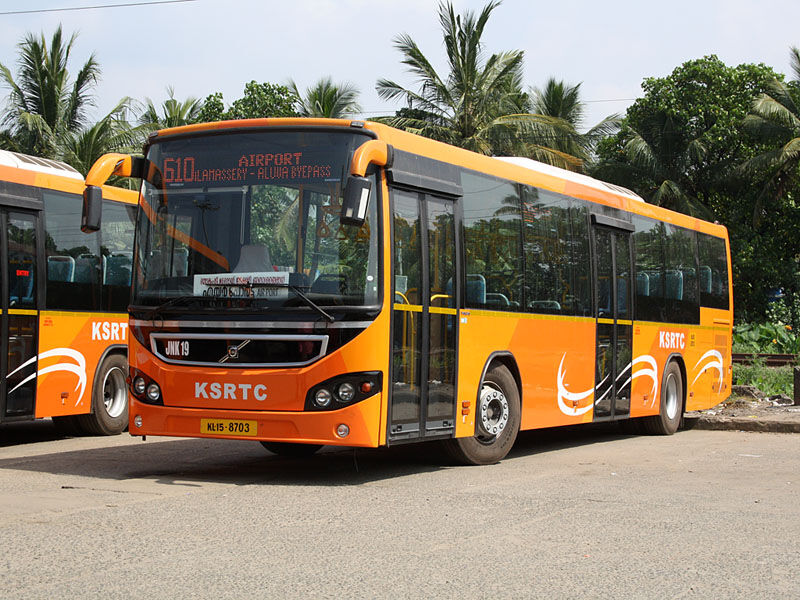
Road transport plays a pivotal role in modern society, serving as a lifeline for economic growth, connectivity, and mobility. From the transportation of goods and services to facilitating personal travel, road networks form the backbone of transportation infrastructure worldwide. In this article, we will delve into the multifaceted importance of road transport and explore its impact on various aspects of our lives.
- Facilitating Trade and Commerce:
Road transport is a vital component of the global supply chain, enabling the efficient movement of goods and services across regions and countries. It provides a cost-effective and flexible mode of transportation, allowing businesses to reach customers and markets quickly. By connecting production centers, distribution hubs, and retail outlets, road networks contribute to the growth of industries, job creation, and overall economic development. - Enhancing Connectivity and Accessibility:
Roads are the arteries that connect communities, cities, and countries, fostering social and cultural integration. They provide accessibility to remote areas, enabling people to access essential services such as healthcare, education, and emergency assistance. Road transport also facilitates tourism, allowing travelers to explore diverse destinations and experience different cultures. Moreover, well-developed road networks promote regional cooperation and integration, fostering economic partnerships and enhancing diplomatic relations. - Supporting Urbanization and Infrastructure Development:
As urbanization continues to accelerate, road transport plays a crucial role in supporting the expansion of cities and the development of infrastructure. Roads provide the necessary connectivity for residential areas, commercial centers, and industrial zones, ensuring smooth movement of people and goods within urban environments. Additionally, road infrastructure investments stimulate economic growth by creating employment opportunities and attracting private investments. - Ensuring Emergency Response and Disaster Management:
During emergencies and natural disasters, road transport becomes a lifeline for rescue and relief operations. Emergency services, including ambulances, fire trucks, and police vehicles, heavily rely on road networks to reach affected areas swiftly. Moreover, road transport enables the efficient distribution of essential supplies, such as food, water, and medical aid, to affected populations. The resilience and adaptability of road infrastructure are crucial in ensuring effective disaster management and post-disaster recovery. - Promoting Sustainable Development:
While road transport is essential for economic growth, it also poses environmental challenges. However, advancements in technology and sustainable practices are transforming the sector. Electric and hybrid vehicles, improved fuel efficiency, and the integration of renewable energy sources are reducing the carbon footprint of road transport. Additionally, the development of smart transportation systems and the promotion of public transport alternatives contribute to reducing congestion and air pollution, fostering sustainable urban development.
Conclusion:
Road transport is an indispensable component of our modern world, driving economic growth, connecting communities, and enabling mobility. Its significance extends beyond the transportation of goods and people, encompassing trade, urbanization, emergency response, and sustainability. As we continue to navigate an increasingly interconnected world, investing in robust road networks and embracing innovative solutions will be crucial for unlocking the full potential of road transport and ensuring a prosperous and sustainable future for all.

